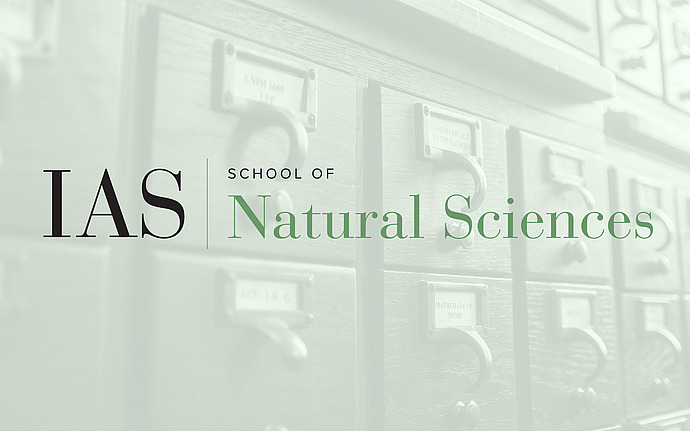
Rutgers University Astrophysics Seminar
Weak lensing with a billion galaxies: new opportunities, challenges and strategies
Weak gravitational lensing provides an immense opportunity to test the standard cosmological model and to probe astrophysics. Over the last decade, it has matured as a high-precision tool with on-going surveys like the Dark Energy Survey, which has imaged 5000 sq degrees and 100M galaxies. Intriguingly, weak lensing surveys have consistently reported a mild cosmological tension: low values of the clustering amplitude parameter (S_8) compared to that predicted by Planck primary Cosmic Microwave Background. In this talk, I will highlight the unique potential of lensing to test of the non-linear regime of the cosmological model, to constrain baryonic effects like AGN feedback, and to measure the halo masses of galaxies . On the eve of Rubin Observatory’s Legacy Survey of Space and Time (LSST), which will measure weak lensing with billions of galaxies, the challenge is clear: systematics must be controlled to make the most of the next epic decade of data. I will present on-going efforts to calibrate observations, in particular, the photometric redshifts of the galaxy sample, and to understand and mitigate astrophysical systematic effects. Finally, I will demonstrate new approaches for testing the scale-dependence of cosmological observations, understanding baryonic feedback, and measuring the masses of dwarf galaxies using lensing data in tandem with spectroscopic surveys like the Dark Energy Spectroscopic Instrument (DESI).